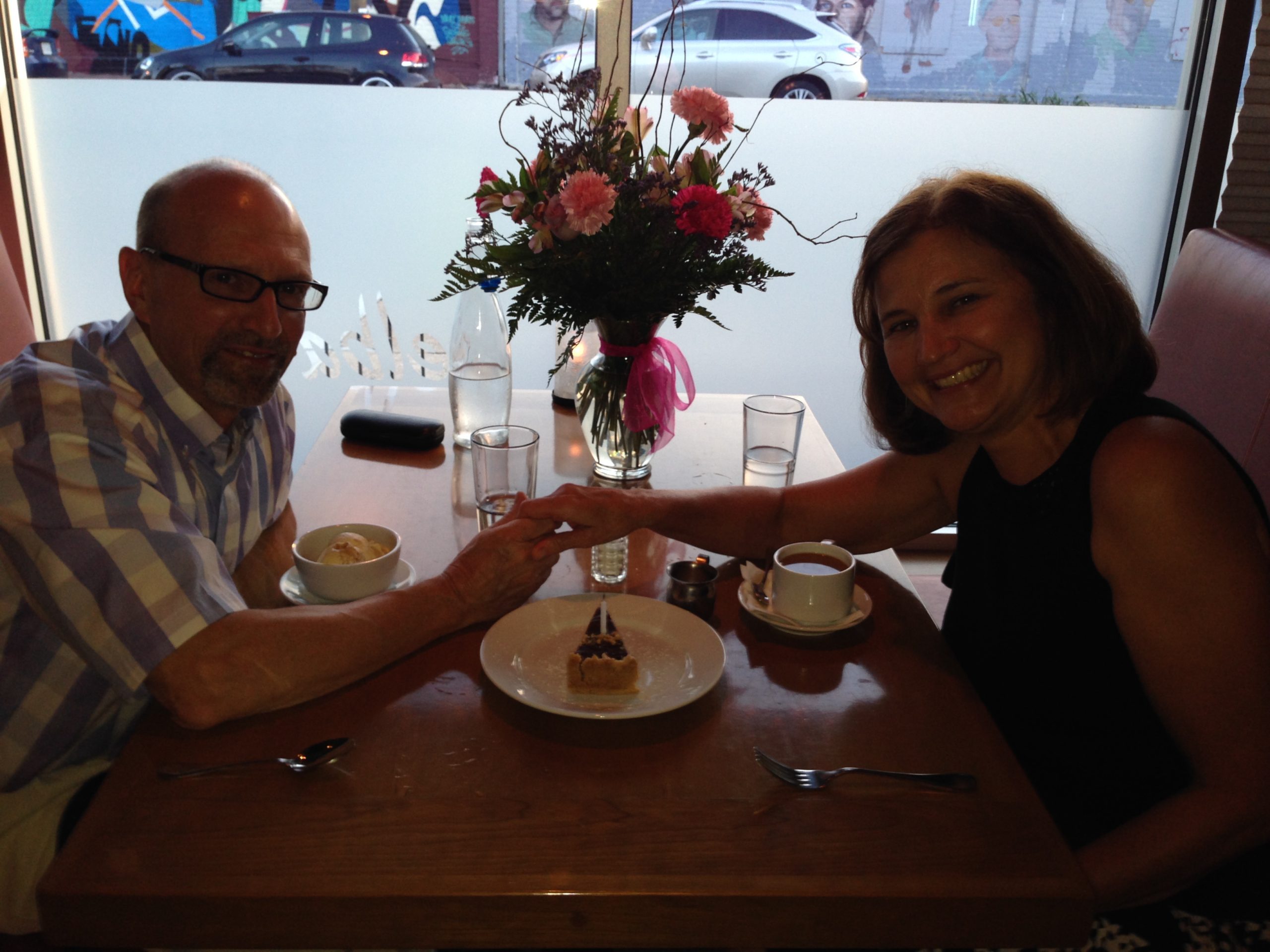Cancer Blog #34
By Brian Zimmerman
Begun on July 31, 2021
Email: dyingman1@yahoo.com
My Dying Words
Entry #34 – Death as Their Shepherd
April 11, 2022
[Psa 49:13-15 NASB95] 13 This is the way of those who are foolish, And of those after them who approve their words. Selah. 14 As sheep they are appointed for Sheol; Death shall be their shepherd; And the upright shall rule over them in the morning, And their form shall be for Sheol to consume So that they have no habitation. 15 But God will redeem my soul from the power of Sheol, For He will receive me. Selah.
As we have discussed previously, the view of death in the Bible is more complex than saying simply that it is evil. For a believer, it may be positive by being a door to join Jesus in a better place, or, for the believer that the dying one leaves behind, it may cause great sorrow and consternation at the loss of a loved one. But, death for the unbeliever has a singular perspective in the Scriptures: uniformly, without exception, it is a cause for fear and sorrow.
And, it is one particular subgroup of unbelievers that this psalm portrays, viz., the wealthy. This psalm is one of a number called the wisdom psalms. It treats subjects much like Proverbs of everyday life that require mature understanding to deal with. The wealthy in this Psalm are those who, because of their wealth, believe themselves to be untouchable, supreme in their power and control. They believe that their greatness will endure even for generations to come: [Psa 49:11 NASB95] 11” Their inner thought is [that] their houses are forever [And] their dwelling places to all generations; They have called their lands after their own names. “ The arrogance of the wealthy is that they think they will somehow escape the anonymity of death, for most people in a few years, wealthy or not, are forgotten by all but a few.
Wealth in our culture is now seen as an almost unmitigated good. Who doesn’t in our world think that riches are to be desired above almost all else? We accord wealthy people the greatest respect, deference, and adulation, often just ignoring the repeated warnings in Scriptures about the dangers of wealth, even the desire for wealth. The only negative emotion we experience concerning wealth is jealousy, or anger that we lack what others possess.
It was not always like this in our country. The greatest generation, many of whom were born during or lived through the Great Depression, were not obsessed with wealth and the status it brings. They did not take jobs only to make the maximum amount of money, or believe that the rich were somehow better than their contemporaries who had less.
And, as we see in this Psalm, the WWII generation, probably more informed by Biblical teaching and practice than most in our culture, were correct. Or, maybe it was their experience of death in war and the lessons one learns from that. The wealthy cannot control, much less buy off the fact of death. The great divide in life is not between the rich and the not rich as the wealthy suppose. As they should be able to deduce from seeing that their demise is little different from the death of an animal. Instead, as this psalm points out, the great divide is between the righteous in God’s sight and the wicked. For the wicked, death is their shepherd, who tends his flock in the afterlife where there is no hope of escape, and where they will remain forever. Life in that place is so dreary that it said they have no habitation, no home forever.
But, for the righteous, a different shepherd cares for them, as is discussed in an earlier psalm (psalm 23). The righteous have hope, even in death, whereas the wicked have none as the psalmist says in vs. 15: “[Psa 49:15 NASB95] 15 But God will redeem my soul from the power of Sheol, For He will receive me. Selah.” The righteous, as surprising as it is to find it in the OT, have the hope of a miraculous resurrection when God will deliver us out of the power of death. The wicked (here the wealthy), though, believe that somehow they can afford to ransom their souls and deliver themselves even from the power of death without God’s help:
[Psa 49:7-9 NASB95] “7 No man can by any means redeem [his] brother Or give to God a ransom for him 8 For the redemption of his soul is costly, And he should cease [trying] forever 9 That he should live on eternally, That he should not undergo decay.”
The wicked (wealthy) should see death as what it is – an implacable foe, one who cannot be bought off. There is no hope for them and so the rich are not to be feared: they have chosen foolishly what to value in this age, as Jesus will later say: [Mar 8:36-38 NASB95] 36 “For what does it profit a man to gain the whole world, and forfeit his soul? 37 For what will a man give in exchange for his soul?”
May we rather choose the Lord of eternal life as our Shepherd, and leave off striving for wealth, which may lead us to find that Death shall be our shepherd. Not worth the trade as we see here in this psalm.
Next: Learning how to die properly
